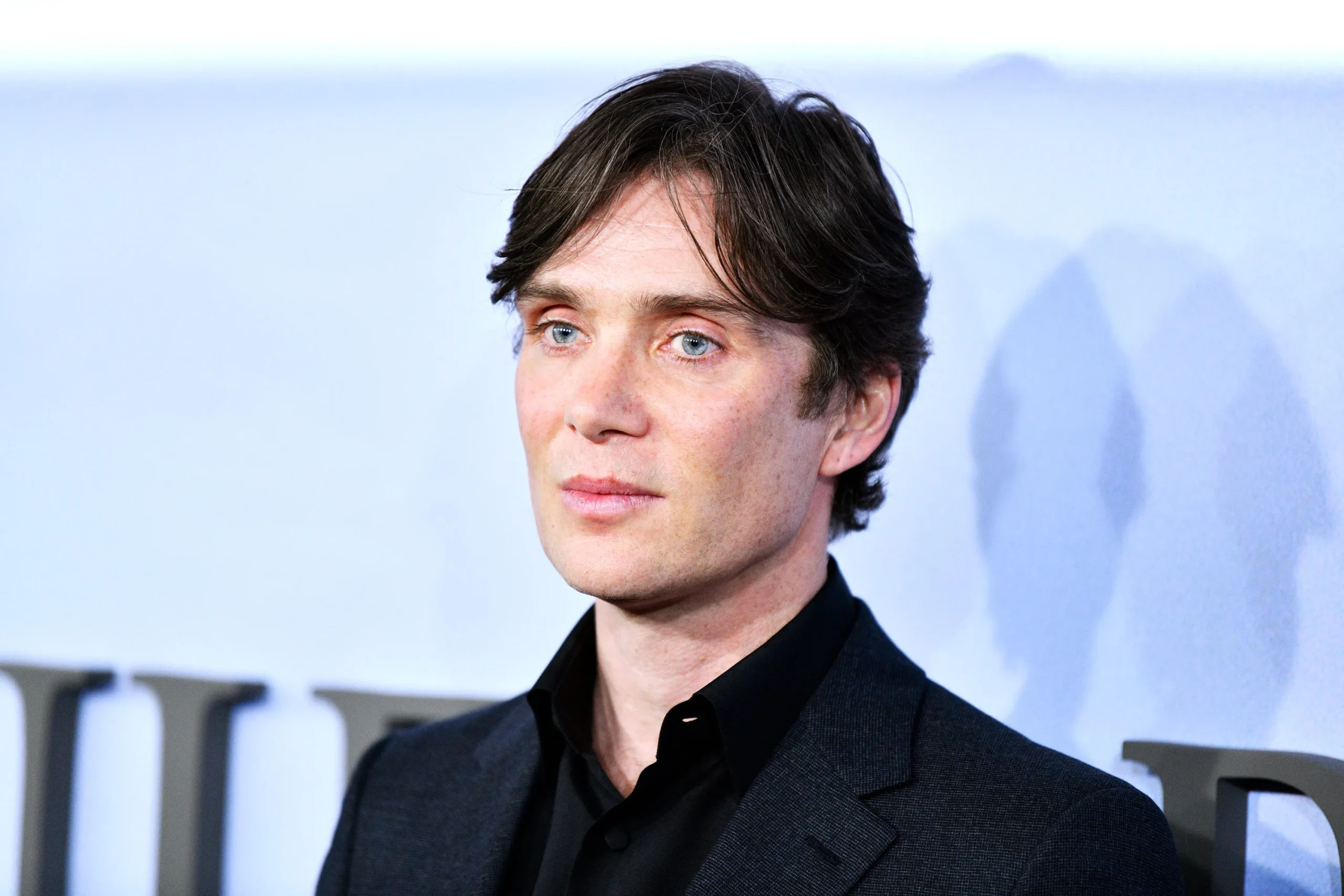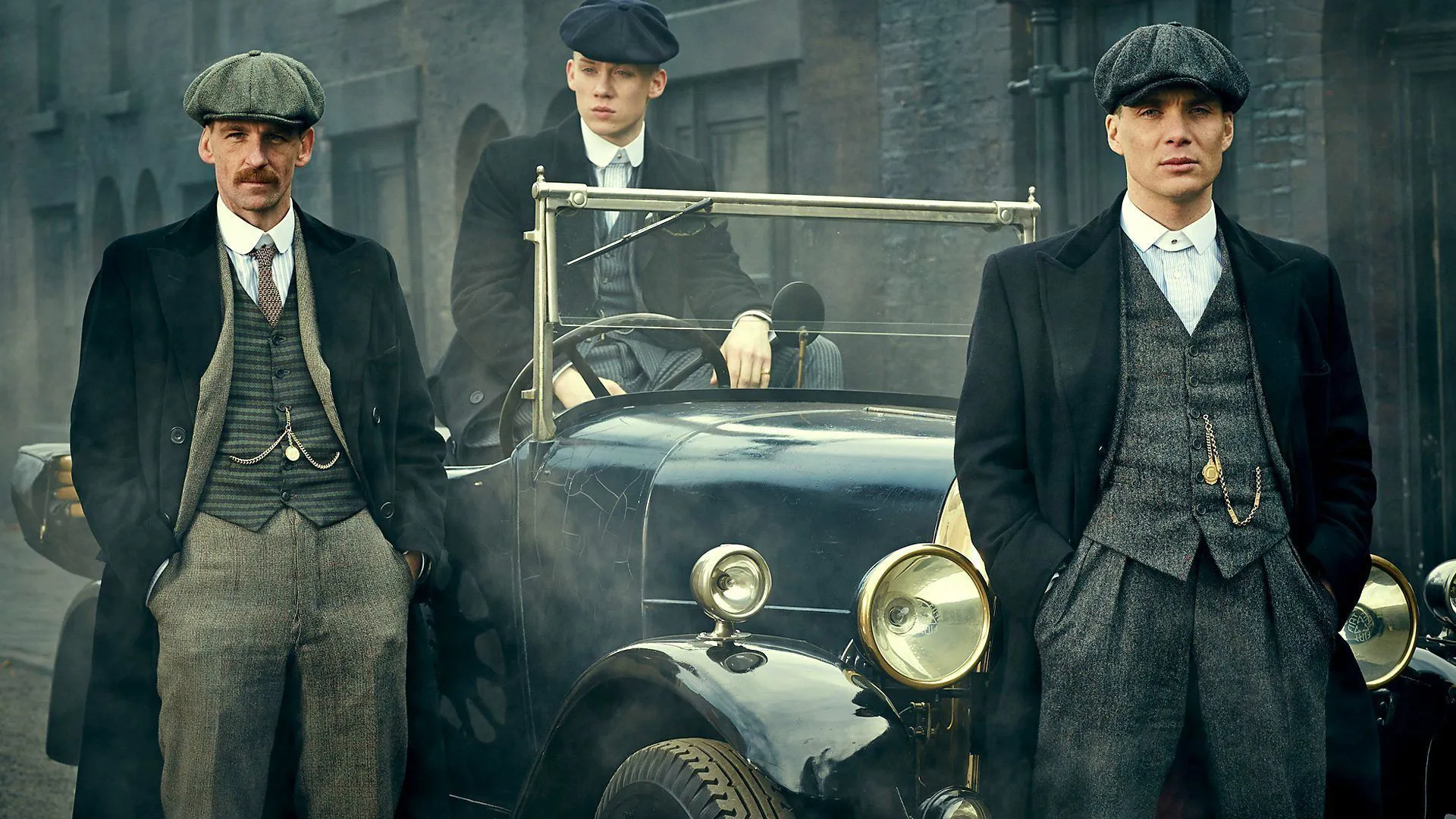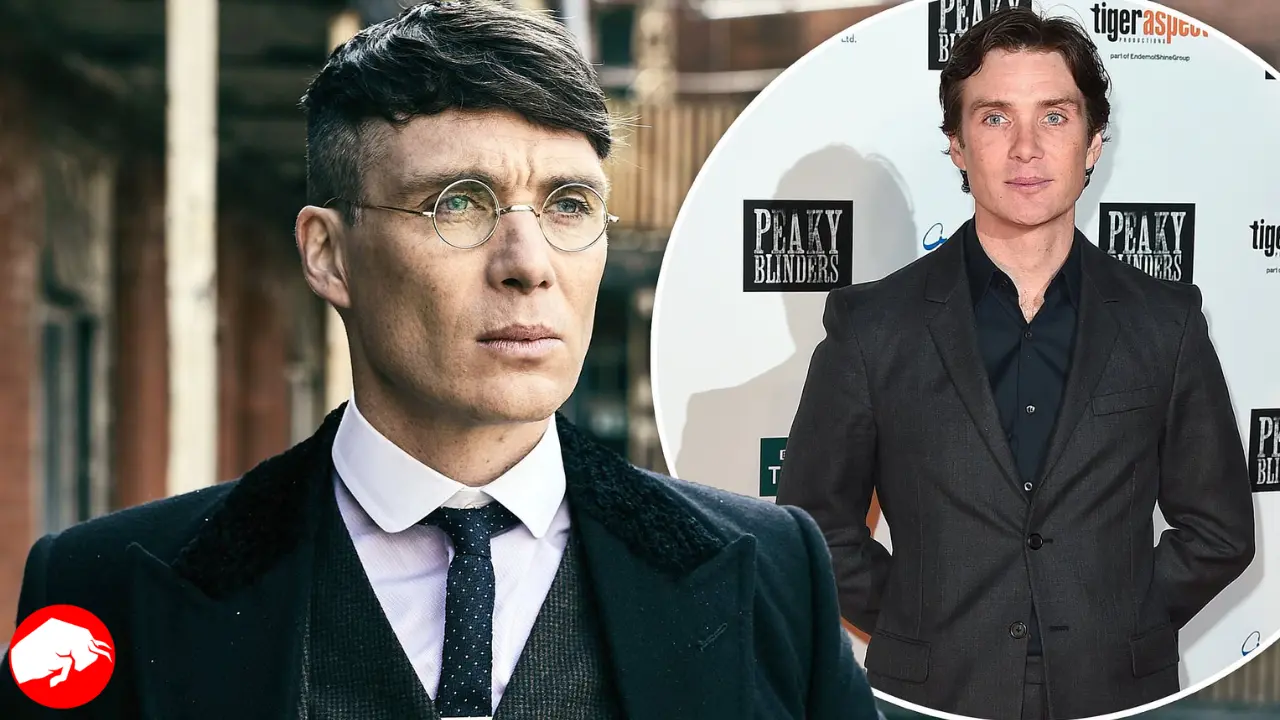The world of acting is a realm that never ceases to fascinate and bewitch. There’s something truly captivating about how, in mere moments, an actor can seamlessly transition from the simplicity and trivialities of their own life—perhaps laughing over a light-hearted joke or engaging in playful banter about extraterrestrial possibilities—to diving headfirst into the depths of a character’s emotions and psyche. This transformative process can be likened to the fluidity of a dance; in one instance, you are merely warming up, moving gently, and then suddenly, you’re pouring your heart out in a passionate and evocative routine.
Not all actors tread the same path in their craft. Some prefer to hover on the periphery, delivering what’s required but not delving too deep. In contrast, others, driven by passion and commitment, immerse themselves so fully that they feel every emotion, every pang of pain, every droplet of sorrow, and bear every mark their characters endure. Cillian Murphy, renowned for his deeply affecting portrayal of the brooding Tommy Shelby in the hit series Peaky Blinders, is a prime example of this deeper, more consuming approach to the art.
Behind The Character: Murphy’s Devotion to Tommy Shelby

Stepping into the shoes of Tommy Shelby is more intricate than merely wearing the attire that mirrors the era. For Cillian Murphy, the transformation goes beyond the external. It demands an internal metamorphosis, where he willingly shoulders the character’s complex emotional history, traumas, and nuances, effectively blurring the line between the actor and the character. This unwavering commitment to the role, while garnering appreciation in professional circles, has come at a personal cost.
His relationship with his loved ones has felt the aftershocks of this intense dedication. Yvonne McGuinness, Murphy’s talented artist-wife, has observed firsthand the ripple effects of this character immersion. Their sons, Malachy and Aran, too, have navigated the challenges posed by their father’s demanding role.
In a candid conversation with Esquire in 2019, Cillian Murphy peeled back the layers of his method, providing a glimpse into the emotional and psychological terrain he traverses.
He commented on the abrupt switch required in acting, saying, “It’s a sudden shift from calm to being fully engaged. If you start from a complete stop, it just doesn’t click.”
He further explained his approach, noting that even though he doesn’t continuously inhabit the world of Shelby, the proximity he maintains to the character’s psyche ensures there’s an almost tangible overlap in their energies and emotions.
Balancing Dual Worlds: The Challenge of Being Present

The enchanting world of cinema, with its red-carpet events, shining stars, and glitzy premiers, often paints a picture of unending glamour and allure. Yet, behind the silvery screen, the reality is often far more complex and demanding than it appears. For actors, especially those as dedicated as Murphy, there exists a constant balancing act — a delicate juggle between retaining their personal identity and fully immersing into the psyche of the characters they portray.
Reflecting on this challenge, Murphy poignantly articulated, “I’m not fully present during filming. And when we’re shooting, I don’t socialize; I head home, focus on my lines, and rest.”
His words paint a stark contrast to the popular perception, revealing the often isolating nature of the profession.
But diving deep into a character like Tommy Shelby is not just a professional responsibility for Cillian Murphy; it’s an emotional and psychological journey. Shelby, with his intense background marred by traumatic wartime experiences, isn’t just another role for Murphy — it’s a heavy responsibility, an intricate tapestry of emotions, and a world filled with shadows. To Murphy, embodying Shelby becomes a means to ‘Temporarily escape reality’.
Yet, as with any profound escape, once the director yells “cut,” the emotional and mental aftershocks of such deep immersion don’t just fade away. They persist, echoing long after the lights are turned off and the cameras are packed away.
Cinema’s Weighty Mantle

Peaky Blinders, much like other cinematic masterpieces, transcends mere entertainment. It stands as a mirror to a bygone era, reflecting the societal nuances, cultural shifts, and intricate human dynamics of the times. Actors, especially those of Cillian Murphy’s caliber, shoulder the immense responsibility of breathing life into these reflections with unwavering authenticity. The intensity of this commitment is unparalleled. Imagine moving from a state of relaxed stillness in a trailer, perhaps sipping a drink or sharing a light moment with a co-star, to suddenly plunging into the depths of a scene, embodying every emotion and sentiment with utmost fidelity.
Murphy, delving deeper into his craft, once shared his perspective. While he doesn’t perpetually remain under the looming presence of Tommy’s persona, there’s an undeniable gravitational pull to that character’s emotional spectrum. It beckons him, urging him to remain proximate, mentally and emotionally tethered. And when the lights dim, and the director calls it a day, Murphy doesn’t slip into the nightlife or the festivities that might accompany a successful shoot. Instead, he retreats. He finds solace in solitude, a quiet space where he can reflect, commit his lines to memory, and gather himself for the battles ahead.
To sum it up, Peaky Blinders, for Cillian Murphy, isn’t merely a script to enact or a role to play. It’s an odyssey he has chosen to embark upon, heart and spirit in tow, navigating the intricate maze that is Tommy Shelby. And for us, as audience members, while we find ourselves entranced by the gripping tales and impeccable portrayals, it becomes imperative to recognize and appreciate the depth of commitment, the passion, and the sheer emotional labor that actors like Murphy invest, ensuring we are transported, even if momentarily, into their world.









